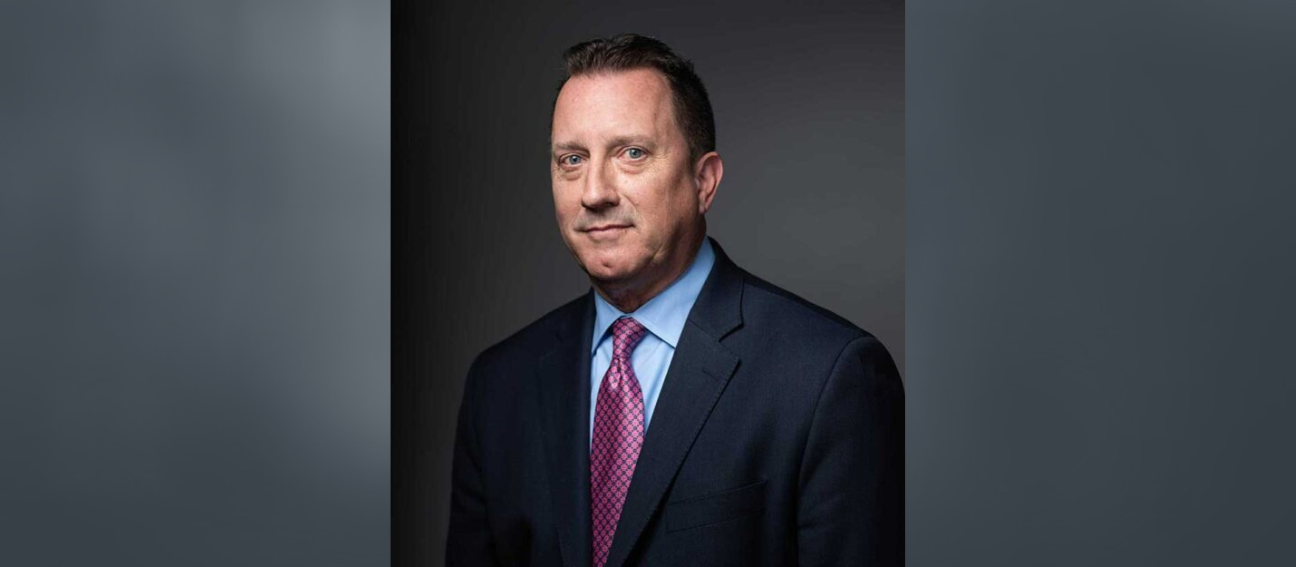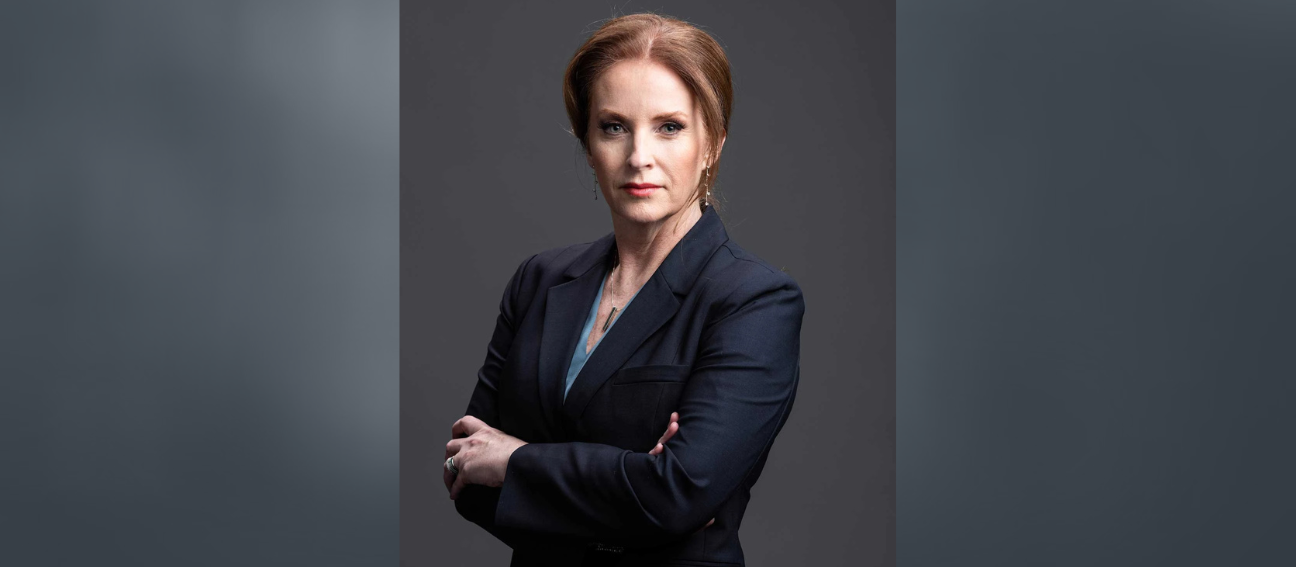
If you drive…or even walk in the city or suburbs, it’s nearly impossible to miss the onslaught of billboards promising justice and compensation as a virtual guarantee. At Kaveny + Kroll Trial Lawyers (kavenykroll.com) in Chicago, we are experienced in Medical Malpractice and Personal Injury, and recognize the needs of our clients and are committed to supporting them. We are also cognizant of the importance, when dealing with those whose lives and livelihoods have been horribly impacted by the negligence of others, to remain fully forthright and transparent in what we can deliver.
“So many of our clients need our services because they been lied to or misrepresented by those they thought they could trust,” says Jeffrey Kroll. “The last thing they need is to be targeted by a firm that makes promises that they may not be able to fulfill.”
Yet, new business is the lifeline to any law firm’s success. That is why finding ways to reach potential new clients is essential, however, one must follow the rules and be aware of their ethical responsibilities when it comes to advertising as a lawyer. It is not just a good idea to follow the rules, it is mandatory if an attorney wishes to avoid unethical attorney advertising and the potential consequences.
At Kaveny + Kroll, we adhere to three objectives when it comes to legal advertising:
- To inform. Inform potential clients about Kaveny + Kroll and the first step toward reaching and achieving their client’s goal.
- To remind. Another objective of our advertising is to reinforce our brand message and reassure existing and potential clients about our firm.
- To persuade. There are a lot of law firms advertising, they all have websites. You need to find a way to persuade potential clients to retain you.
Simply put, attorney advertising should educate the potential clients about services and the role we play in the market…without leading to false promises and deceptive advertising. “At the end of the day, our job is to provide respite, support and ultimately justice for our clients,” says Kroll.
The Illinois Rules of Professional Conduct govern attorney and law firm communications and advertisements that are published on the internet and online. These rules provide general requirements for all lawyers and law firms when engaging in advertising and marketing efforts.
Rule 7.1 states:
A lawyer should not make false or misleading communication about the lawyer or lawyer’s services. A communication is false or misleading if it contains material representation of fact or law or omits a fact necessary to make the statement considered as a whole not materially misleading.
Therefore, statements on a lawyer’s website must be truthful. A truthful statement can be misleading if there is a substantial likelihood that it would lead a reasonable person to formulate a specific conclusion about the lawyer’s services which there is no reasonable factual foundation.
An advertisement that truthfully report’s achievements can be misleading if presented so as to lead a reasonable person to form an unjustified expectation that the same result can occur.
Rule 7.2: Advertising
The fact of the matter is a lawyer may advertise services through written or even electronic communication. The purpose of advertising is to help the public in learning about and obtaining legal services about your firm. Lawyers are allowed to make known their services. Not only through reputation but advertising. Advertising involves an active search for clients. However, there are pitfalls. In Illinois, lawyers are not allowed to use comparative statements, like “we are the best Personal Injury law practice in Illinois.”
Rule 7.3: Solicitation of clients
A lawyer shall not by in person, telephone or real time electronic contact solicit professional clients unless the person:
- is a lawyer; or
- has a family, close personal or prior professional relationship with the lawyer.
Lawyers should not directly solicit your services. There is a stark difference between advertising legal services – which is allowed if you follow the rules and soliciting services which is generally prohibited.
Advertising is a communication made on behalf of a lawyer or a law firm about a lawyer or law firm’s available services. Solicitation is an advertisement made that is targeted to a specific group or person – which may be unethical.
Whether searching for a reputable firm or running one, all we have is our ethics to stand on,” says Kroll. “If we go awry of this, a firm becomes part of the problem, rather than the solution.”


